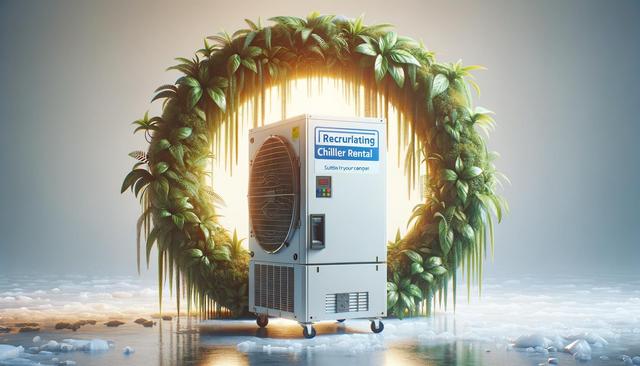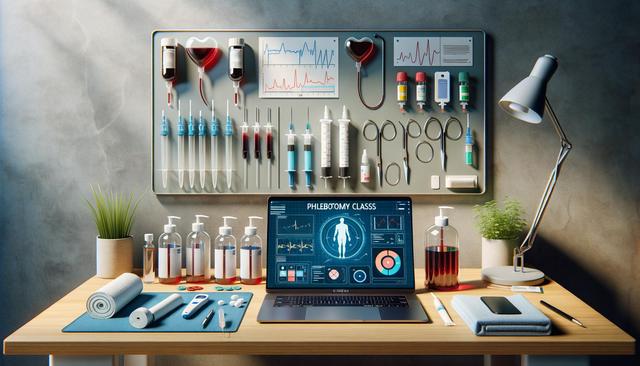Understanding Recirculating Chillers and Their Applications
Recirculating chillers are closed-loop cooling systems designed to remove heat from equipment and processes that generate excess thermal energy. These systems are commonly used in scientific, medical, and industrial settings where temperature control is essential. A recirculating chiller works by circulating a temperature-controlled fluid through a loop that absorbs heat from connected equipment, such as lasers, electron microscopes, or process reactors. This closed system helps maintain consistent operating temperatures, improving performance and preventing overheating. In settings where permanent installation is not practical or cost-effective, renting a recirculating chiller becomes a strategic solution.
Industries that benefit from chiller rentals include:
- Laboratories conducting short-term experiments
- Manufacturing facilities with temporary production increases
- Research and development teams testing new equipment
- Events or projects requiring environmental testing or thermal regulation
By choosing a rental option, users can access high-quality cooling solutions without the commitment or expense of ownership, making it a flexible and efficient choice for a wide range of short-term needs.
Benefits of Renting Over Purchasing
Opting for a recirculating chiller rental provides several advantages, especially for operations with limited-duration cooling requirements. One of the primary benefits is the ability to access advanced and well-maintained equipment without the upfront capital expenditure. Rental agreements often include maintenance and technical support, ensuring the units remain in peak condition throughout the rental period.
Additional benefits of rental include:
- Flexibility to scale up or down based on changing project demands
- No long-term storage concerns once the project concludes
- Access to updated models with modern features and energy efficiencies
- Reduced risk of equipment obsolescence
For organizations operating on tight budgets or those needing cooling for a seasonal or time-limited application, renting can be a practical and cost-effective alternative to purchasing. It also allows businesses to evaluate different models before making a long-term investment decision, which can be especially helpful in fast-changing technical environments.
Key Considerations When Choosing a Recirculating Chiller Rental
Finding the right recirculating chiller for your application requires careful consideration of several technical and operational factors. The first step is to determine the cooling capacity needed, typically measured in watts or BTUs per hour. This depends on the heat load of the equipment or process being cooled. Other important factors include the temperature range, flow rate, fluid compatibility, and physical footprint of the unit.
When evaluating rental options, consider the following:
- Cooling capacity and temperature stability
- Compatibility with the required heat transfer fluid
- Noise level and environmental operating conditions
- Ease of integration with existing systems
- Availability of support and servicing during the rental period
Working with a knowledgeable rental provider ensures the unit selected meets the specific demands of the application. Clear communication about project duration, environmental conditions, and system specifications will help ensure a smooth rental experience and optimal performance.
Industries and Scenarios Where Rentals Are Ideal
Recirculating chiller rentals are widely used across various industries due to their adaptability and convenience. In scientific research, chillers play a critical role in maintaining stable conditions for sensitive instruments and experiments. For example, high-powered lasers used in spectroscopy or imaging require constant cooling to function accurately and safely. In pharmaceutical and biotech labs, chillers may be used to stabilize reactions or maintain sample integrity during testing.
Common scenarios where rentals are particularly beneficial include:
- Temporary lab setups or mobile testing units
- Facility upgrades or maintenance shutdowns
- Short-term pilot production runs
- Seasonal increases in production needs
Construction and engineering firms may also use chillers for curing materials or controlling environmental conditions on job sites. Renting allows these businesses to address short-term needs without disrupting regular operations or investing in permanent infrastructure. Educational institutions and government labs also find value in rentals for temporary research projects or grant-funded initiatives.
How to Get Started with a Recirculating Chiller Rental
Starting the process of renting a recirculating chiller involves a few essential steps. First, clearly define the cooling requirements, including the desired temperature range, heat load, and duration of use. This information will guide the selection of an appropriate unit. Next, consult with a rental provider who can offer guidance on equipment specifications, availability, and logistics.
Steps to initiate a rental:
- Assess your technical requirements and usage timeline
- Contact a reputable rental provider for recommendations
- Request a quote and review rental terms and conditions
- Arrange for delivery, setup, and any necessary training
- Monitor performance and reach out for support if needed
Most rental providers offer flexible rental periods ranging from days to several months, along with service packages that include maintenance, emergency support, and equipment replacement if needed. This ensures that the cooling system remains reliable and efficient throughout its usage period. Being well-prepared and informed helps streamline the rental process and avoids any operational interruptions.
Conclusion: A Practical Option for Temporary Cooling Needs
For laboratories, industrial operations, and research environments facing temporary cooling demands, recirculating chiller rentals offer a reliable and flexible solution. They provide access to high-quality thermal control without the financial or logistical burden of long-term ownership. With benefits like technical support, updated equipment, and scalable rental terms, this option supports productivity and efficiency across a range of industries.
Whether you’re dealing with a short-term project, a seasonal requirement, or a temporary increase in activity, renting a recirculating chiller can help maintain critical temperature control. By carefully assessing needs and collaborating with experienced rental providers, organizations can ensure optimal performance and minimal downtime during important operations.




Leave a Reply